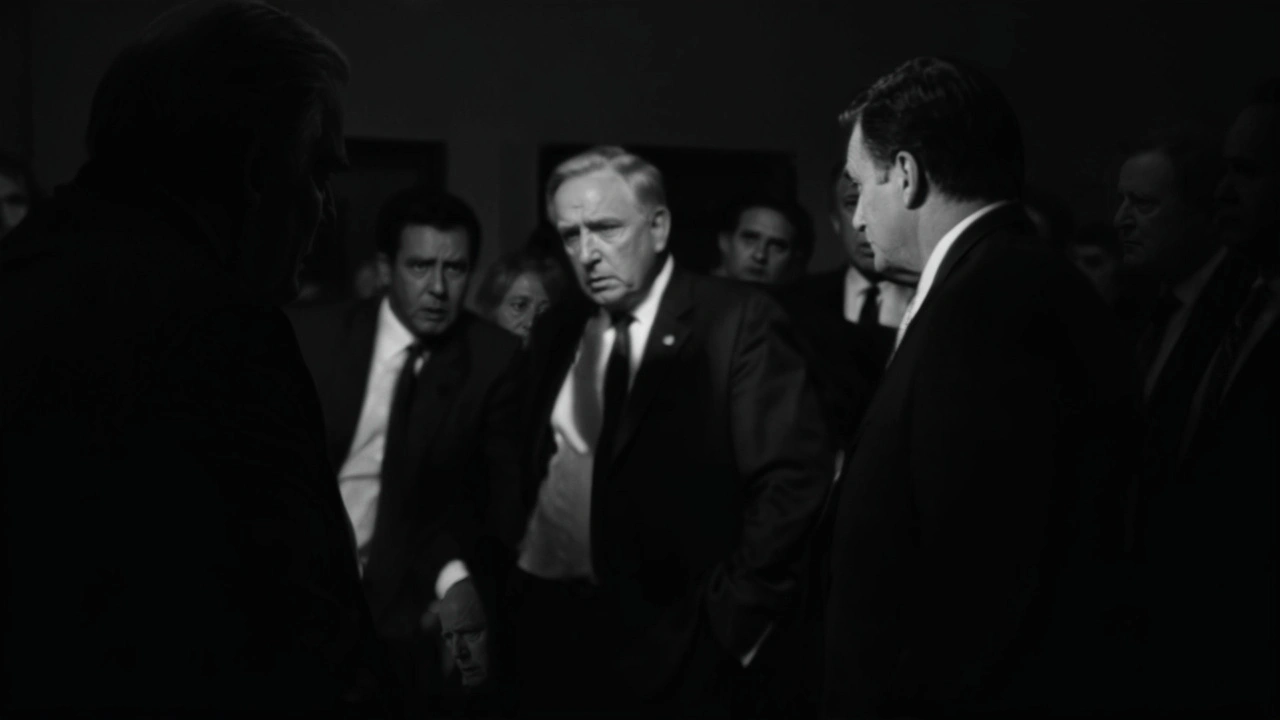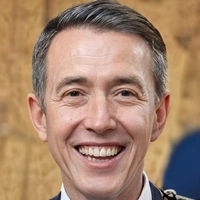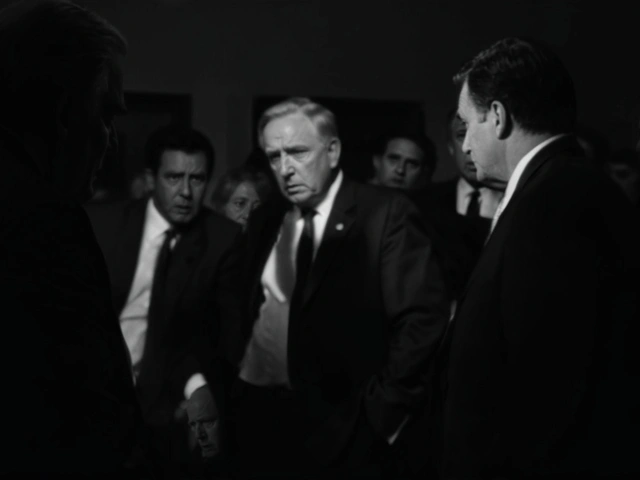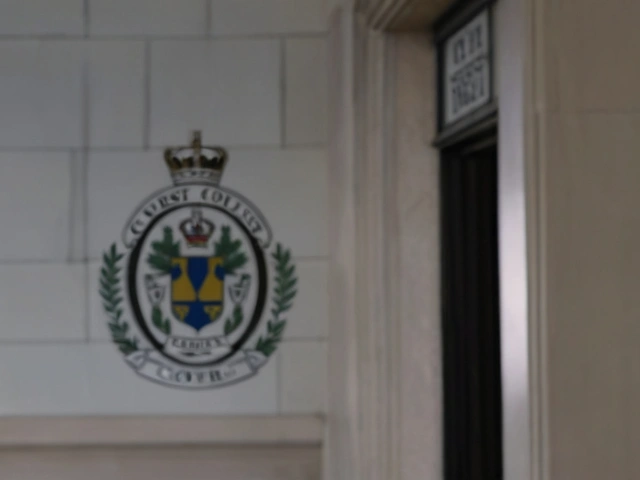How Netanyahu's Congressional Address Diverts Attention from Gaza's Plight
Introduction
In a political landscape where the line between spectacle and substance often blurs, Israeli Prime Minister Benjamin Netanyahu's address to the U.S. Congress on Wednesday stands out. This event, broadcasted to millions, spotlights the deep divisions within the Democratic party concerning Netanyahu’s policies, particularly those affecting Gaza. Critics argue that amid the pomp and circumstance, the harsh realities faced by the people of Gaza are being eclipsed, raising the question: can a political spectacle make a horror more real?
The Speech and its Context
Benjamin Netanyahu’s speech comes at a critical juncture. Gaza remains engulfed in a humanitarian crisis. With countless lives affected and a region on edge, the timing of his address is anything but coincidental. It’s clear that Netanyahu aims to rally support and underscore his policies, yet this very act underscores a deep-rooted issue. The political theater put on display diverts attention from the real, agonizing issues on the ground in Gaza. The contrasts are stark: as Netanyahu vocally addresses U.S. lawmakers, many Gaza inhabitants are grappling with daily hardships, often exacerbated by the policies under discussion.
Divisions Within the Democratic Party
Netanyahu’s address underscores another salient point: the fragmentation within the Democratic party. His policies, particularly regarding Gaza, are highly polarizing. Some Democrats view his approach as necessary for Israel’s security, while others see it as a catalyst for continued tension and strife in the region. This division is more than just political posturing; it reflects the broader challenges of balancing international alliances with humanitarian concerns. As Netanyahu speaks, these fissures become more apparent, shining a light on the complexities of U.S. foreign policy in relation to Israeli actions.
Gaza's Humanitarian Crisis
The humanitarian crisis in Gaza is a grim reality, marked by severe shortages of basic necessities, crumbling infrastructure, and widespread despair. The blockades and military actions have left the region in a perpetual state of emergency. Reports from international organizations paint a bleak picture: hospitals operating without adequate supplies, children facing malnutrition, and families torn apart by conflict. The human suffering is immense and ongoing. In this context, Netanyahu’s address, with its political undertones, seems disconnected from the urgency of Gaza’s plight.
Political Theater vs. Real Issues
Political spectacles have a way of captivating audiences, often at the expense of more pressing issues. Netanyahu’s address to Congress is a classic example. The grandeur of the event, the carefully crafted speeches, and the media frenzy create a narrative that is compelling yet removed from the grim realities on the ground in Gaza. For many, this seems like an effort to shift focus, to divert attention from the immediate needs and suffering of the people in Gaza. The real issues – the need for humanitarian aid, the pursuit of peace, and the alleviation of suffering – are overshadowed by political maneuvering.
The Need for a Peaceful Resolution
At the heart of the discourse surrounding Netanyahu’s address is a fundamental question: what will it achieve? Will it lead to a deeper understanding and resolution of the conflicts in Gaza, or will it merely serve as a platform for political grandstanding? The answer lies in the actions that follow the speech. The focus should be on fostering a peaceful resolution, addressing the humanitarian crisis, and ensuring the well-being of all affected populations. Political speeches can draw attention, but they should also pave the way for meaningful actions and solutions.
Conclusion
Netanyahu’s address to the U.S. Congress is a significant political event, but it is also a reminder of the broader issues at play. Amid the applause and rhetoric, the real, pressing concerns of Gaza must not be forgotten. The political spectacle should not overshadow the need for a compassionate and peaceful resolution. The true test of leadership lies in the ability to address suffering, to seek out solutions, and to work towards a better future for all.







